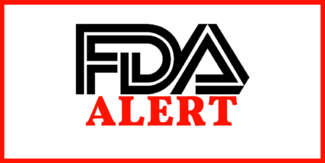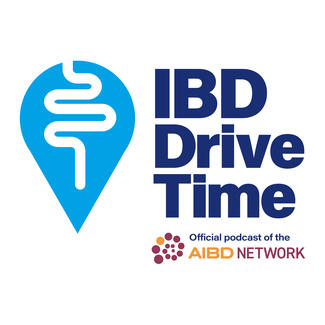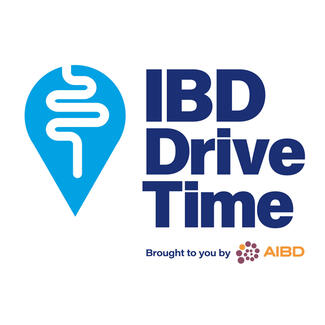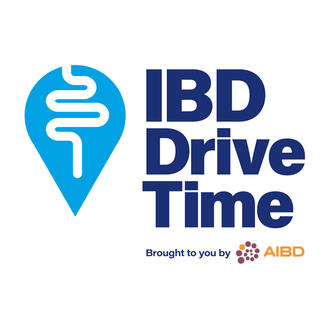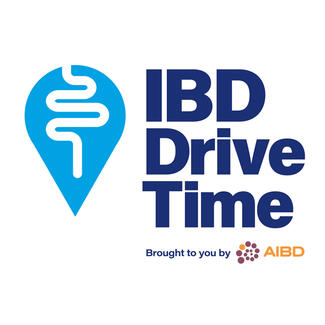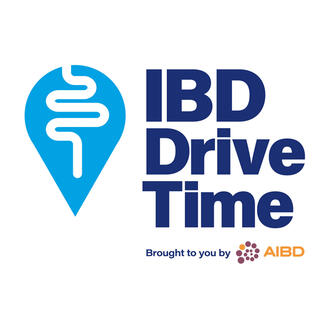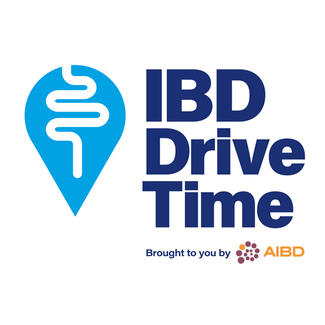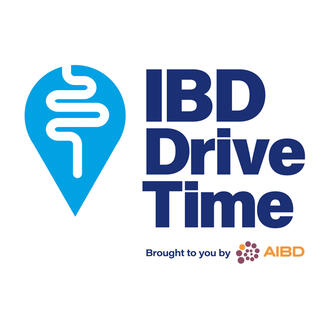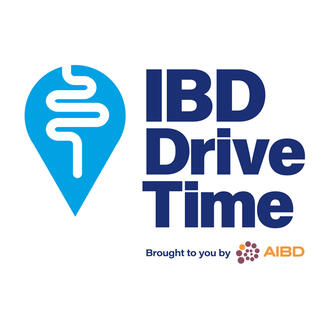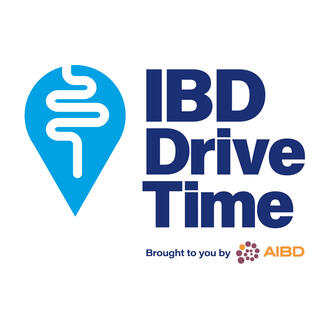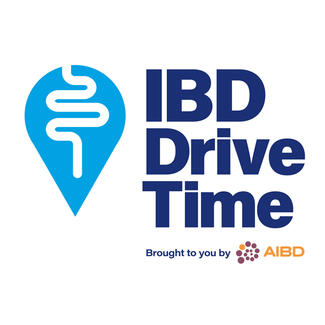FDA Approves Guselkumab SC Induction for Ulcerative Colitis
The U.S. Food and Drug Administration (FDA) has approved a subcutaneous (SC) induction regimen of guselkumab for the treatment of adults with moderately to severely active ulcerative colitis (UC).
Guselkumab is the first and only interleukin-23 (IL-23) inhibitor to offer both SC and intravenous (IV) induction options for the treatment of UC and Crohn’s disease (CD), as well as the first and only monoclonal antibody that blocks IL-23 while also binding to the CD64 receptor on cells that produce IL-23. The agency approved guselkumab for SC induction for Crohn's disease earlier this year.
The SC induction approval is based on results from the Phase 3 ASTRO trial, which employed a treat-through design to evaluate the efficacy and safety of guselkumab SC induction therapy in adults with moderately to severely active UC who had an inadequate response or intolerance to conventional and advanced therapies.
All primary and secondary endpoints demonstrated statistically significant and clinically meaningful improvements with guselkumab compared to placebo across all clinical and endoscopic measures. Patients achieved early symptomatic response, separating from placebo as early as 2 weeks after induction began and sustaining response through Week 24.
“So far, patients have required IV infusions to begin therapy with IL-23 inhibitors, which can create barriers to starting treatment or be burdensome for some patients and clinicians,” said David T. Rubin, MD, Professor of Medicine and director of the Inflammatory Bowel Disease Center at University of Chicago Medicine, who was the lead study investigator. “Now UC patients can start therapy with a self-administered subcutaneous injection, with the same efficacy and safety that were established with IV induction in the prior clinical trials and that we have also seen in our real-world practice.”
Patients treated with guselkumab 400 mg SC every 4 weeks achieved clinical remission (26%) and endoscopic improvement (36%) at Week 12 vs. those treated with placebo (7%, 12%; p<0.001) These results were consistent with the 200mg IV induction regimen, which previously achieved clinical remission (23% vs. 8%; p<0.001) and endoscopic improvement (27% vs. 11%; p<0.001) vs. those treated with placebo. The efficacy of SC and IV induction was comparable across subgroups with severe or refractory disease and both routes demonstrated a similar time to onset of efficacy.
Week 24 SC induction followed by SC maintenance data also demonstrated statistically significant and clinically meaningful improvements in clinical remission (100 mg: 34%, 200 mg: 34% vs. 10%; p<0.001) and endoscopic improvement (100 mg: 39%, 200 mg: 44% vs. 12%; p<0.001) vs. those treated with placebo.
Johnson & Johnson also announced that it initiating the first head-to-head study of IL-23 inhibitors, assessing guselkumab vs risankizumab in the treatment of Crohn's disease.
TREMFYA® (guselkumab) achieves U.S. approval for subcutaneous induction in adults with ulcerative colitis, now the first and only IL-23 inhibitor with a fully subcutaneous regimen. News release. Johnson & Johnson; September 19, 2025. Accessed September 22, 2025. https://www.jnj.com/media-center/press-releases/tremfya-guselkumab-achieves-u-s-approval-for-subcutaneous-induction-in-adults-with-ulcerative-colitis-now-the-first-and-only-il-23-inhibitor-with-a-fully-subcutaneous-regimen












